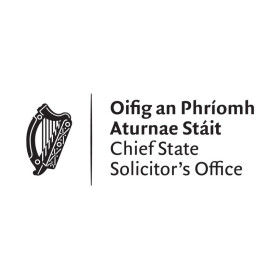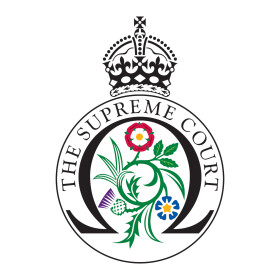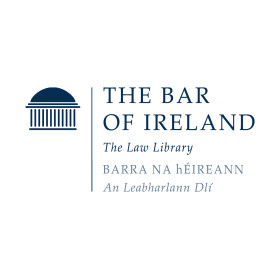Employment law solicitor Richard Grogan of Richard Grogan & Associates examines cases where the Organisation of Working Time Act 1997 appears to be misapplied. In the case ADJ-15102, an employee brought a claim against their employer for public holiday pay. The Adjudication Officer in this case
Opinion
Michelle Cronin, solicitor at Comyn Kelleher Tobin (CKT), sets out the significance of the newly-commenced Domestic Violence Act 2018. The Domestic Violence Act 2018 came into effect on 1st January 2019 and has been welcomed by those who assist victims of domestic violence.
Fergal Mullins, solicitor in the healthcare team at Hayes solicitors, writes on recent cases where solicitors sent their clients for medical assessments. The practice of solicitors sending their clients for specialist assessment by medical personnel without a GP referral has been the subject of rece
Minister Josepha Madigan, a qualified solicitor and family mediator, writes on the case for divorce reform in the State. The courtroom is a barbaric venue in which to pick over the carcass of a failed marriage, said Fiona Shackleton, Paul McCartney's divorce lawyer.
Barry Kelleher, solicitor at Comyn Kelleher Tobin, analyses a recent High Court judgment proposing greater personal responsibility and common sense in personal injuries claims. In the personal injuries proceeding of Vincent O’Mahoney v Nicola McCarthy Hanlon and Waterford and Wexford Training
In November 1908, Hanna Sheehy Skeffington and Margaret Cousins, along with their husbands Francis and James, founded the Irish Women’s Franchise League (IWFL). The primary aim of the IWFL was for women to be afforded the right to vote on the same terms as men, and a particular aim was to guar
Partner Joanelle O'Cleirigh and associates Alan Coyne and Tara Roche at Arthur Cox in Dublin write on the future of surveillance in Ireland. Do regulatory agencies have phone tapping powers? For now, no – but there have been calls for the Government to give certain regulatory agencies, such as
Michael Murphy, a litigation partner at HOMS Solicitors, writes on liability for breach of care and duty of architects and technicians who certify works under the Building Control (Amendment) Regulations (BCAR). With the economic recovery unfolding and an increasing focus upon procuring good quality
Stephen Tierney, professor of constitutional theory at Edinburgh University, comments on today's Brexit judgment from the CJEU. The Court of Justice of the European Union today issued its judgment in Wightman. It endorsed the opinion of Advocate General Campos Sánchez-Bordona to the effect th
The general election of December 1918 was the first time that women were able to exercise their right to vote in Britain and Ireland. Although the Representation of the People Act 1918 did not provide for equal voting rights – it was only female property owners over the age of 30 who were all
Lyndy Cantillon comments on a recent health debacle which saw patients' X-rays misread. Over twelve months ago the Health Service Executive announced that they were carrying out a review into some 46,000 CT scans, ultrasounds and chest X-Rays reported by an individual consultant radiologist at
Employment law solicitor Richard Grogan of Richard Grogan & Associates writes for Irish Legal News following a landmark ruling from the Court of Justice of the European Union (CJEU). This may sound like a strange heading. However, the CJEU's decision in case C-378/17, Minister for Justice and Eq
Professor Steven Peers of University of Essex School of Law explains and comments on today's opinion from Advocate General Sánchez-Bordona on the revocability of Article 50. Was sending the Article 50 notification of withdrawal from the EU like jumping off a cliff – impossible to c
Navigating the streets of Dublin in a wooden bowl fortified with iron, "Billy in the bowl", as he was so nicknamed, was born without legs and said to have been blessed with a handsome face. Using this to his advantage, Billy was "one of those curious beggars who frequented fairs and public places, w
Employment law solicitor Richard Grogan of Richard Grogan & Associates writes on a recent judgment from the Court of Justice of the European Union (CJEU) with significant ramifications for Irish employment law. The case of Max-Planck-Gesellschaft zur Förderung der Wissenschaften eV v Tetsuj
























